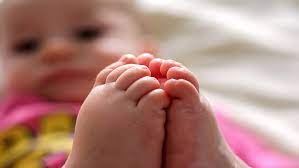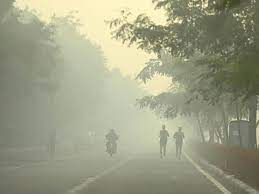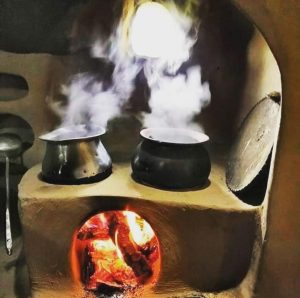
Disturbing Trend: 10 babies abandoned in Kashmir every month
At least three babies have died this year as their biological parents lacked awareness on surrendering them properly, which would have prevented fatalities
By : Peerzada Ashiq
Heartrending cases of “unwanted” babies abandoned at garbage dumps, less-travelled roadsides, and hospital bathrooms are rising in Kashmir. Jammu & Kashmir’s Social Welfare Department (SWD) is grappling with the issue as an average of 10 cases are reported every month, a jump from the average of five cases reported till a few years ago.
“The worry is that not all cases are reported to us. The number of cases would be higher. At present, on average, 10 cases per month are being reported across the Union Territory,” Harvinder Kour, Director of the Mission Vatsalya, J&K told .
Currently, the SWD’s special shelters are attending to two teenage pregnancies. “After they deliver the babies, they will be allowed to join their families,” Ms. Kour said. The growing migrant population moving into J&K has also led to a significant spike in such cases, she added.
According to the department’s survey, infants born out of wedlock comprise over 90% of the abandoned infants, followed by babies born with deformities. “It remains an area of concern that biological parents do not know how to surrender their babies properly,” Ms. Kaur said.
Since 2020, the SWD has set up 12 adoption centres in J&K to ensure organised surrender of newborn babies and reduce mortality. At least three babies have died this year as their biological parents lacked awareness on surrendering them properly. The most heartrending death was that of an infant in May by hypothermia after the newborn was left on a road in Kupwara’s Kralpora in extremely cold weather.
Bright spot
While 50 infants were abandoned a year in 2018, 80 infants have been abandoned till September this year. On the positive side, 25 babies were adopted, while 49 remain with the department. “A baby with a deformity was also adopted by a couple,” Ms. Kour said.
With several laws changing after the Union government abrogated the provisions of Article 370 for the erstwhile State of J&K in 2019, the extension of new laws related to adoption allows locals to become legal parents instead of only guardians or custodians, as was the case before. The Central Adoption Resource Authority (CARA) has also been brought here, making the process of adoption easier.
“Adoption was not a trend earlier among Muslims here. However, they are coming forward now. Even locals residing in the Middle East approach us for adoption. We promote foster care, too,” Ms. Kaur said.
Safe cradles
Badrul Duja, a lawyer, has been campaigning for the installation of cradles near garbage dumps where babies have been found abandoned in the past. “It’s inhuman to see abandoned babies being eaten up by dogs, as it has happened on many occasions. It will be a step towards reducing mortality in such babies if cradles are set up with signage at dump sites,” Mr. Duja said.
The SWD has already sought out sites, “which are visible from a distance inside your hospitals, where cradles with signages are set up. All district magistrates have been directed to set up cradles with signages“ at the places considered most appropriate to receive such children, including hospitals’ maternity and paediatric units.
The department is also raising awareness with students and elected representatives, including municipal councillors and panchayat members across Kashmir to tackle the problem. “There is lack of knowledge about the right marriageable age and other related issues. It’s important to include them correctly in the school curriculum. This should help us raise an informed society,” Ms. Kaur said.
Toll-free helpline numbers: for children, 1098; for women, 181.

